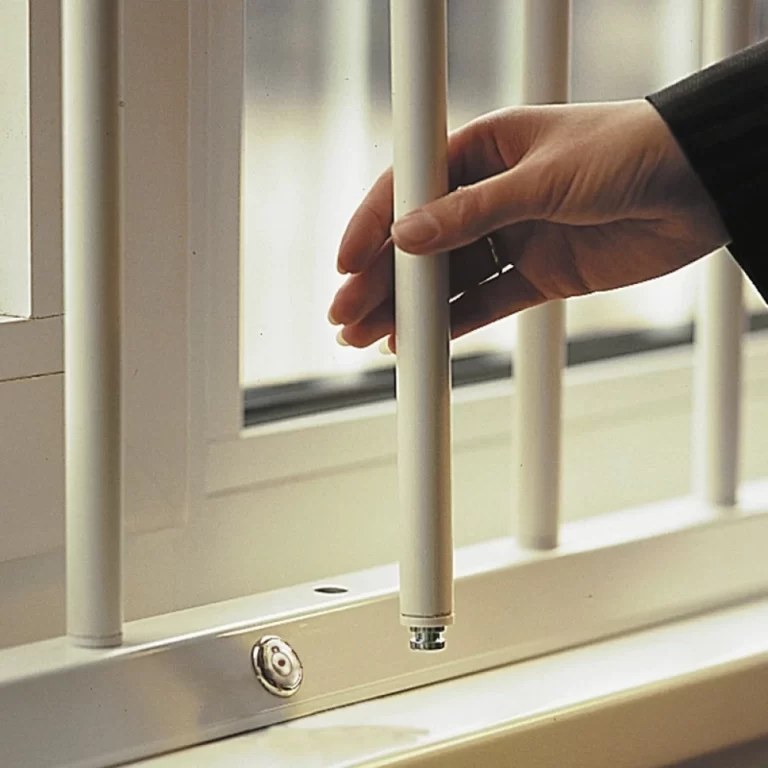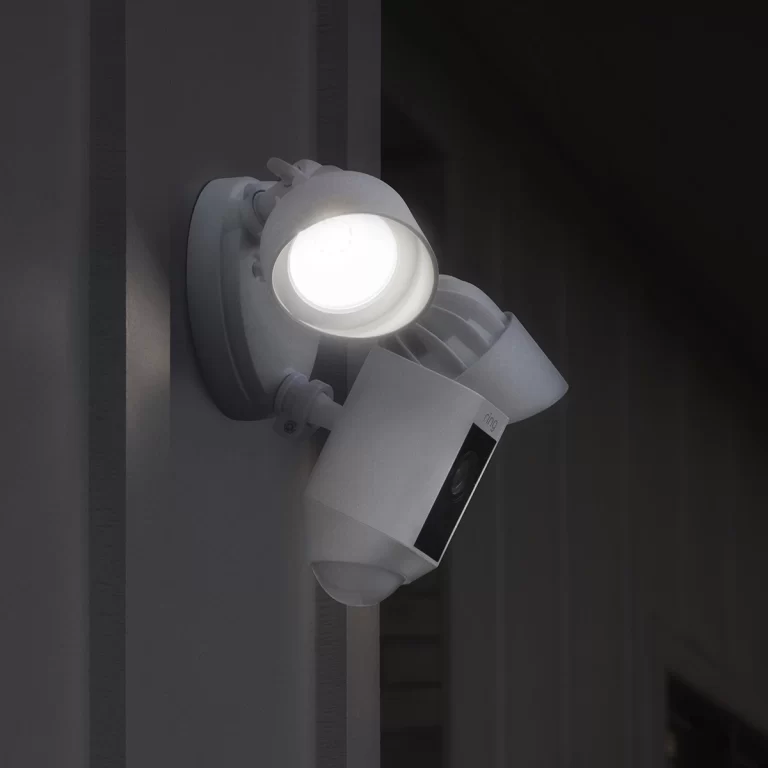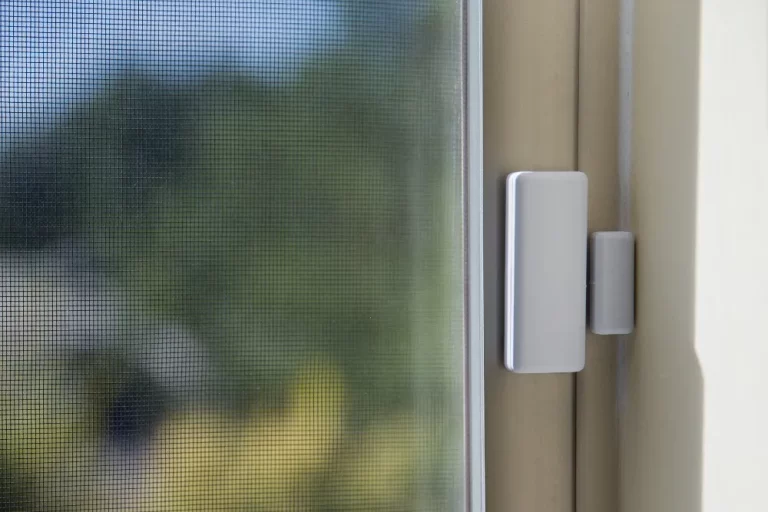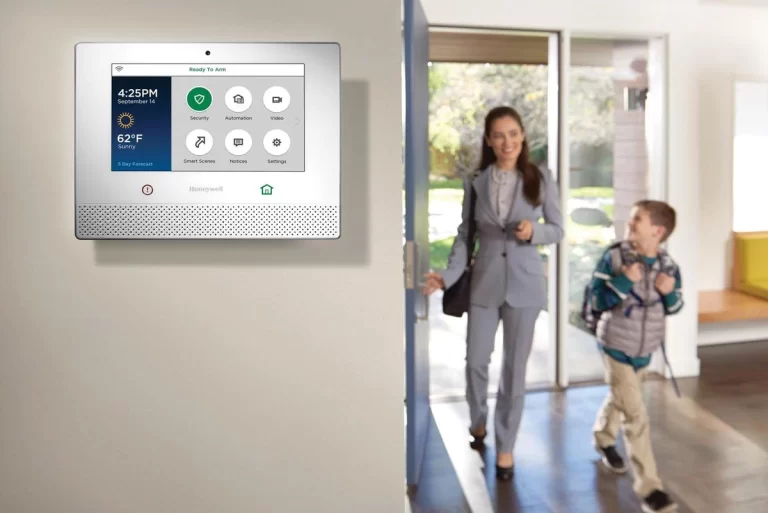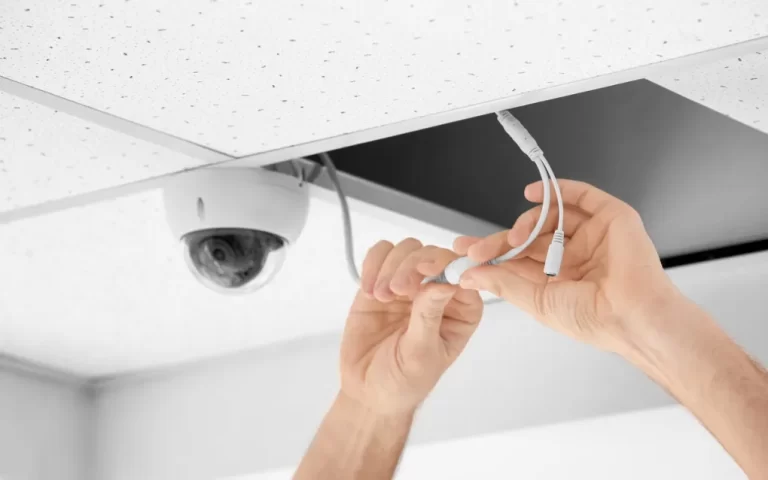Is Heat Pump Better Than AC? Different Climates
Is heat pump better than AC? Read on to explore the differences between heat pumps and air conditioners, considering factors like efficiency, cost, and environmental impact. Discover which cooling system best suits your needs and provides optimal comfort for your home.
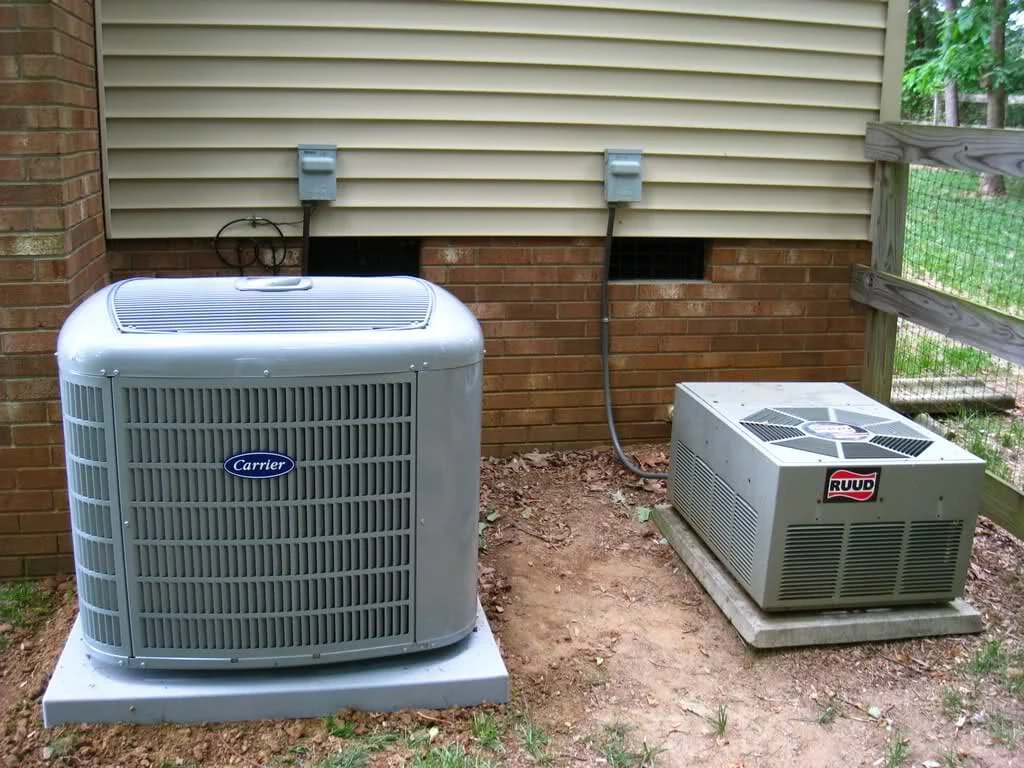
Is Heat Pump Better Than AC?
The primary question we aim to answer in this article is whether a heat pump is better than an AC. Let’s start by understanding the basic differences between these two cooling systems.
A heat pump is a versatile cooling and heating system that transfers heat from one place to another. During hot weather, it extracts heat from inside your home and releases it outside, effectively cooling your living spaces.
Conversely, during colder months, it reverses the process, pulling heat from the outside and transferring it indoors to keep your home warm.
The Functioning of Air Conditioners
On the other hand, an air conditioner solely focuses on cooling indoor spaces. It removes heat from the inside air, using a refrigerant, and expels it outdoors, leaving your home comfortably cool.
1. Comparing Efficiency
The efficiency of a cooling system is crucial, not only for your comfort but also for your energy bills and environmental impact. Let’s explore how heat pumps and ACs fare in terms of efficiency.
2. Heat Pump Efficiency
One of the significant advantages of heat pumps is their impressive energy efficiency. Since they transfer heat instead of generating it, they can offer up to 300% efficiency.
For every unit of electricity they consume, they can produce two to three units of heat, making them a cost-effective option for both cooling and heating.
3. Air Conditioner Efficiency
Air conditioners, while effective at cooling, are not as efficient as heat pumps.
They work on a single-directional process, where they require a large amount of electricity to remove heat from indoors. This results in a lower efficiency rating compared to heat pumps.
4. Cost Comparison
Cost plays a crucial role in any major home improvement decision. Let’s compare the costs of heat pumps and ACs, including initial investment, installation, and ongoing expenses.
5. Initial Investment
Heat pumps generally have a higher upfront cost than traditional air conditioners. The installation process for a heat pump is more involved, as it requires both indoor and outdoor units.
However, keep in mind that a heat pump can provide both cooling and heating, which might offset the initial investment in the long run.
6. Installation Costs
The installation of a heat pump can be more complicated due to the need for a proper ventilation system.
It’s crucial to have a professional assess your home’s requirements to ensure optimal performance. Conversely, AC installation is relatively straightforward and less expensive.
7. Ongoing Expenses
When it comes to operational costs, heat pumps are more cost-effective than ACs, particularly in areas with moderate climates.
Since they transfer heat instead of generating it, they consume less electricity, resulting in lower monthly utility bills.
Heat Pump and Air Conditioner Environmental Impact
In today’s eco-conscious world, considering the environmental impact of your choices is essential. Let’s analyze how heat pumps and ACs compare in terms of their effect on the environment.
1. Heat Pump’s Environmental Impact
Heat pumps are considered environmentally friendly because they rely on electricity to move heat rather than burning fossil fuels to generate it.
This results in reduced greenhouse gas emissions, making them a greener option for both cooling and heating your home.
2. Air Conditioner’s Environmental Impact
Air conditioners, particularly older models, use refrigerants that can be harmful to the environment if leaked. These refrigerants are potent greenhouse gases, contributing to global warming.
However, newer AC models are designed to be more environmentally friendly, using more sustainable refrigerants.
Performance in Different Climates
The climate of your region can significantly impact the performance of both heat pumps and air conditioners. Let’s examine how each system fares in different climates.
1. Heat Pump Performance
Heat pumps excel in regions with mild to moderate climates.
They work best when the temperature remains above freezing. In colder regions, heat pumps may struggle to extract heat from the outside air, reducing their efficiency.
2. Air Conditioner Performance
Air conditioners are more suited for hot and dry climates. They are highly effective at cooling indoor spaces, even during scorching summers.
In colder climates, however, they are not used for heating purposes and may remain idle during the winter months.
Maintenance and Lifespan
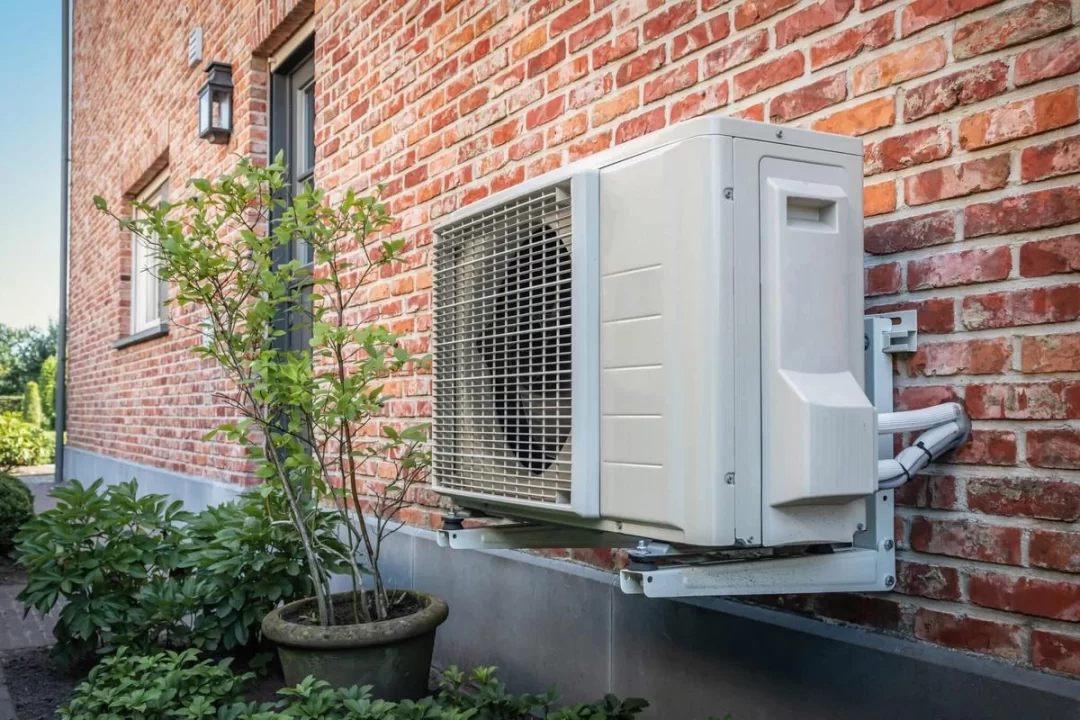
Maintaining your cooling system is essential for its longevity and optimal performance. Let’s compare the maintenance requirements and lifespan of heat pumps and ACs.
1. Heat Pump Maintenance
Heat pumps require regular maintenance to ensure they operate efficiently throughout the year.
This includes inspecting and cleaning the filters, coils, and fans. It’s recommended to schedule professional maintenance at least once a year.
2. Air Conditioner Maintenance
Similarly, air conditioners also need regular maintenance, which involves cleaning or replacing filters, checking the refrigerant levels, and ensuring the system’s overall functionality.
Professional maintenance is recommended annually.
3. Lifespan
Both heat pumps and ACs can have a lifespan of around 10 to 15 years, depending on usage and maintenance. Regular maintenance can extend the life of the system and ensure trouble-free operation.
Heat Pump and Air Conditioner Noise Levels
Noise levels from cooling systems can impact your comfort and overall living experience. Let’s explore the noise levels of heat pumps and ACs.
1. Heat Pump Noise Levels
Heat pumps are generally quieter than traditional air conditioners. Since they have fewer moving parts, they produce less noise during operation, contributing to a peaceful indoor environment.
2. Air Conditioner Noise Levels
Air conditioners can be noisier, especially window-mounted units. They can produce a significant amount of noise during operation, which might be a concern for some homeowners.
Conclusion
Heat pumps are more energy-efficient and environmentally friendly, making them an excellent long-term investment for regions with moderate climates.
On the other hand, air conditioners are well-suited for hot and dry climates, offering effective cooling solutions.
Before making a decision, it’s essential to assess your specific needs, consult with HVAC professionals, and consider the long-term benefits of each system.
Whether you opt for a heat pump or an AC, ensuring regular maintenance will extend the lifespan and efficiency of your cooling system, providing you with optimal comfort throughout the years.
READ ALSO!!!

